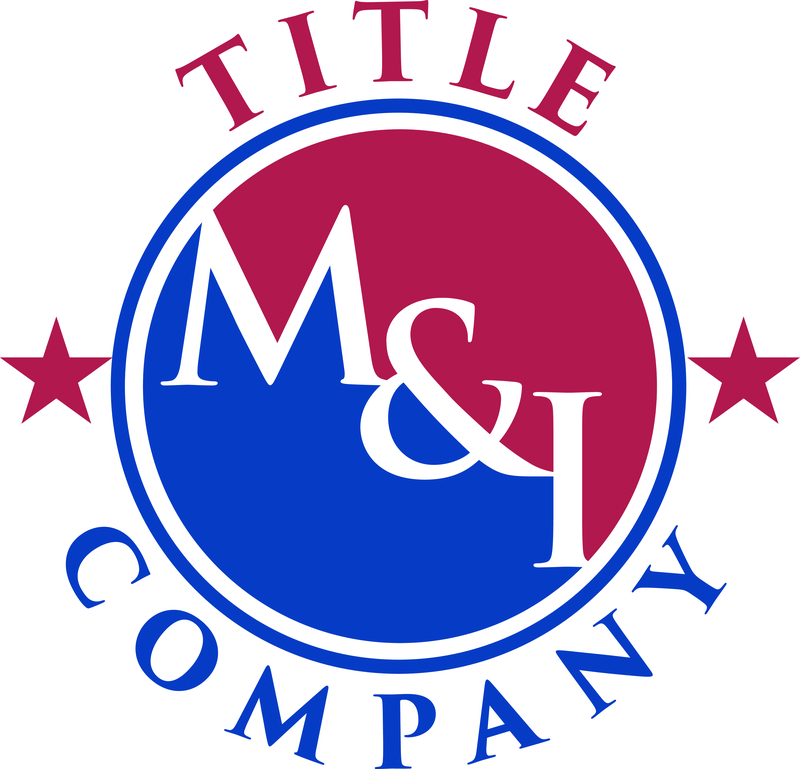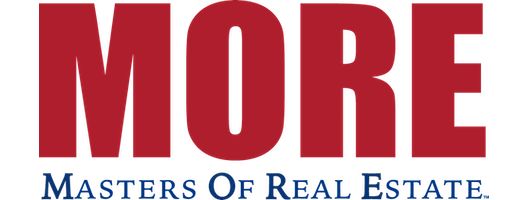Selling a home is a significant financial decision, especially for older adults who often have a substantial portion of their assets tied up in their home’s equity. While the idea of a quick sale to an investor might seem appealing, it rarely maximizes the financial potential of your property. Here’s why exposing your home to the market is the best strategy for securing the highest possible price, even if selling “as-is.”
The Drawbacks of Selling to an Investor
Lower Offers Real estate investors typically seek properties they can buy at a discount, make necessary improvements, and then sell for a Continue Reading →



